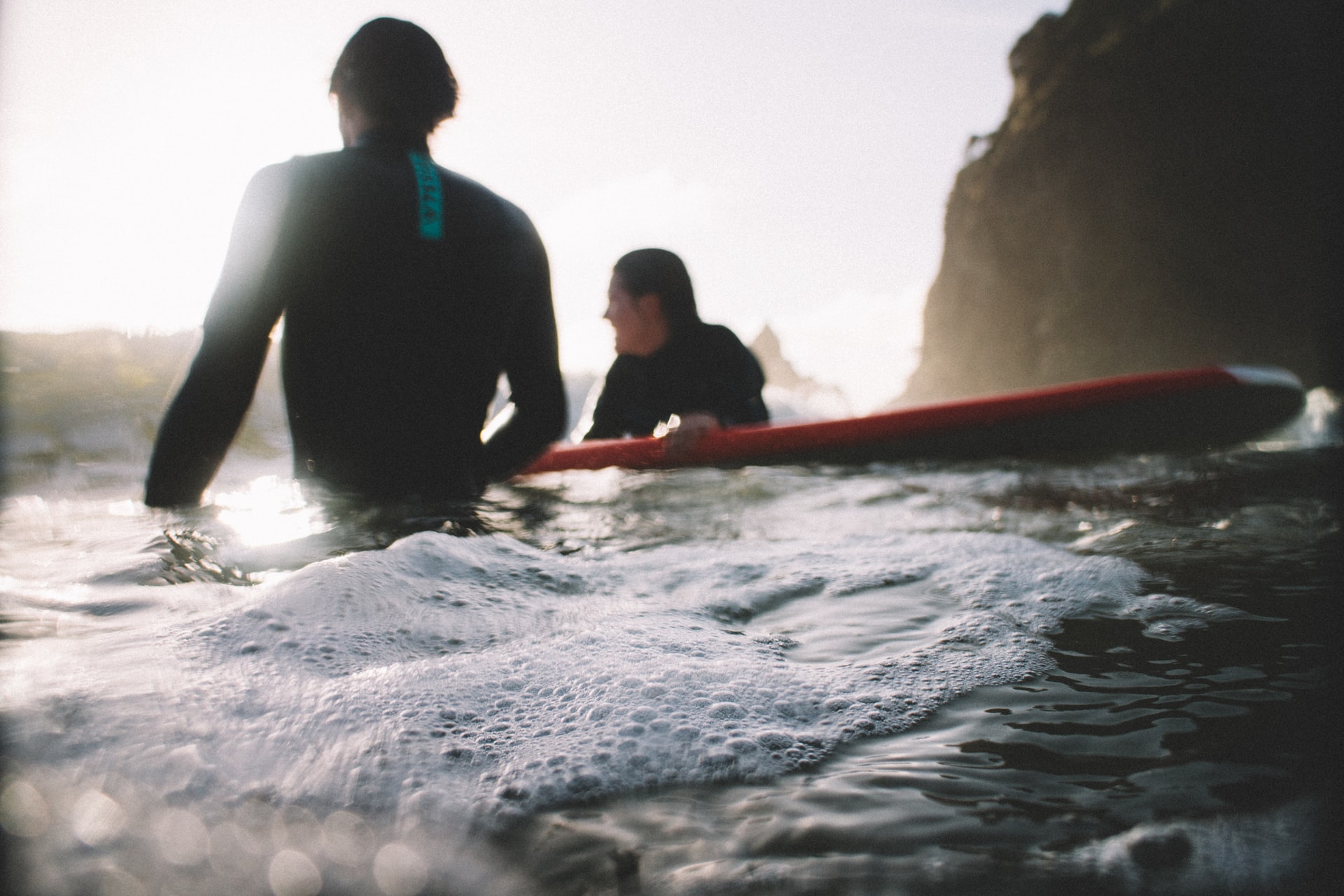Unless you are planning to surf in a wave pool, you can expect to be submerged in saltwater when surfing.
Saltwater has several interesting properties such as its buoyancy, added friction, dehydrating properties, and the way it affects our gear.
Below we will take a deeper look into how saltwater affects you as a surfer, and how to best deal with the results of being submerged in the ocean for long periods.
- Understanding the Properties of Salt
- 8 Ways How Saltwater Affects You as a Surfer
- 6 Ways to Deal With Saltwater as a Surfer
- Conclusion
- You Might Also Like…
Understanding the Properties of Salt
Without getting scientific, there are two properties of saltwater that are important to know to understand why saltwater acts the way that it does.
1. Salt is hygroscopic: In short, salt attracts moisture due to the opposite charges between salt and water.
This is true for saltwater as well as dry salt.
2. Saltwater is denser than freshwater: When salt is dissolved in water it adds mass to the mixture.
This makes saltwater heavier and denser than water without salt.
8 Ways How Saltwater Affects You as a Surfer
The effects of salt water can be broken into 3 main categories:
- How salt affects our bodies
- how it affects our equipment, and
- how it affects our surf.
1. Salt Water Is Dehydrating
Because of its hygroscopic properties, saltwater is dehydrating.
When we spend time in salt or this case saltwater, the moisture from our skin is attracted to the salt ions.
In small amounts, this is not an issue, but through prolonged periods, this dehydration can become dangerous.
As you likely know, water is essential for our bodies to function properly.
A lack of water in our system can lead to cramping of muscles, headaches, and in extreme cases nausea, seizures, and blackouts.
2. Salt Water Dries Out Skin
Related to its dehydrating properties, another result is the drying out of our skin.
It is common to find as a surfer who spends a lot of time in the ocean that our skin is constantly dry.
This can sometimes become itchy, and in worse scenarios, flaky.
This is why it is important to always rinse yourself in freshwater after each surf (not to mention because of the bacteria that live in the ocean).
3. Salt Water Effects Hair
Just as it affects our skin, salt dehydrates our scalps and hair follicles.
This can lead to brittle, and straw-like hair. The mixture of saltwater and sunlight is also a cause of bleaching of our hair.
This is because the mixture of the two elements encourages the breakdown of melatonin (the pigment that darkens our hair).
Beyond this, because of the electric charge of salt, it pulls bonds in your hair closer together, thus creating a more wavy effect.
This dry, blond, and curly hairstyle is commonly known as surfer’s hair and is sought after by many beachgoers.
4. Salt Water Can Cause Itchy Eyes
Commonly known as surfer’s eye, the salt in the ocean has been known to cause surfers’ eyes to go red.
Although surfer’s eye is not only due to saltwater but is the cause of the glare off the ocean surface, the salt in the water can dry out and irritate your eyes, thus leading them to become red.
5. Salt Water Affects Your Stomach
Drinking saltwater stimulates the colon and is often used as a constipation-treating solution.
In the ocean, if you find yourself swallowing saltwater, you may need to quickly paddle back to deal with the outcome.
Drinking saltwater on an empty stomach can also lead to nausea, stomach aches, and vomiting.
6. Salt Water Can Damage Equipment
Salt is corrosive and can damage your surfboard. Although fiberglass is very resistant to salt, over time it will begin to decay.
This is also true for your wetsuit, as neoprene is softer than your board and tends to hold onto the salt for longer.
Not rinsing your wetsuit can cause it to dry out, become brittle, and break due to the loss of elasticity.
Furthermore, it is common for surfers’ cars to become rusty faster than others as the salty air eats away at the paint and eventually the metal.
7. Salt Water Is More Buoyant
Saltwater has a higher density than freshwater, as explained above. Because of this property, salt water is more buoyant than freshwater.
What does this mean?
In short, you and your surfboard will float more in saltwater.
This can be beneficial when falling off your board as you will not need to use as much energy to stay afloat, but on the flip side can add some difficulty to duck diving under oncoming waves.
8. More Friction
Due to the added density that salt creates in water, there is more friction. More friction usually results in slower movement.
This, however, is not true when riding a surfboard (or boat) in the ocean.
Although there is more friction, the added buoyancy creates less drag as there is less of your board under the water.
Therefore, boats and boards tend to travel faster in salt water than they do in freshwater.
6 Ways to Deal With Saltwater as a Surfer
Although salt can damage our skin, equipment, and make us feel ill, there is no escaping it if you want to surf.
Although saltwater can have some negative effects, it is a fairly easy situation to deal with if done correctly.
The following tips will help you to deal with the ocean’s saltwater and surf problem-free (when it comes to salt):
1. Drink Plenty of Water
One of the biggest dangers that saltwater poses is dehydration.
To prevent this, it is important to drink a lot of fluids both before and after surfing.
Water and tea are great options here, whereas alcohol and coffee, although liquid, will lead to greater dehydration and therefore should be avoided.
2. Use Oils and Moisturizer
To avoid dry skin and hair, besides staying hydrated, you should consider using a moisturizer on your skin after surfing.
Avoid using shampoos for your hair as they tend to make it drier.
To further protect your hair in the ocean you can use coconut or olive oil as it will create a layer between your hair and the saltwater.
3. Eat Before Surfing
Although it is always recommended to refrain from drinking seawater (or even putting it in your mouth) it can sometimes be impossible to avoid.
To avoid swallowing small amounts of saltwater from making you feel ill, you should always eat before surfing.
Not only will this reduce the chances of nausea, but will prevent cramping as well as provide you with more energy during your surf.
4. Shower After Surfing
You should always shower in freshwater after surfing in the ocean.
This is not only to rinse off the salt but also to avoid becoming sick from any bacteria that are present in the ocean.
Rinsing off the saltwater from your hair and skin after surfing will reduce the dehydrating effect of the salt, as well as help, maintain smoother healthier hair.
5. Rinse Your Equipment
Surf equipment, although cheaper than some sports, is not free, and can be a major setback when something breaks.
Maintaining your surfboard and wetsuit should be of utmost importance.
Besides keeping them out of direct sunlight, it is important to rinse your gear, just as you rinse yourself.
Simply running fresh water over your board can be enough, but it is recommended to soak your wetsuit in freshwater for at least 10 to 20 minutes after surfing to make sure all of the salt is removed.
6. Wash Your Car Often
Although it is not necessary to do this every day, when living close to the ocean it is a good idea to remove salt from the external areas of your car.
This does not need to be a deep clean, but can be as simple as using a wet cloth to wipe down the surface.
Conclusion
As a surfer, the ocean is our playground and salty hair and skin seem to be part of our lifestyle.
Although it comes with sport, salt can have some negative effects.
However, these effects are easily overcome, usually with the use of freshwater.
If you consider the above tips, there is no reason why saltwater should ruin your surf, your equipment, or your health.
You Might Also Like…
-

Do Surfers Ride Switchfoot? 5 Benefits (& Why You Should Learn It)
-

Do Surfers Shave Their Legs? 5 Common Reasons (+Pros & Cons)
-

Do Surfers Wear Helmets? 8 Situations You Should Wear One (+4 Cons)
-

Do Surfers Poop in the Ocean? Myths & Facts (+5 Tips)
-

Do Surfers Run Into Each Other? 5 Common Reasons (+8 Tips)
-
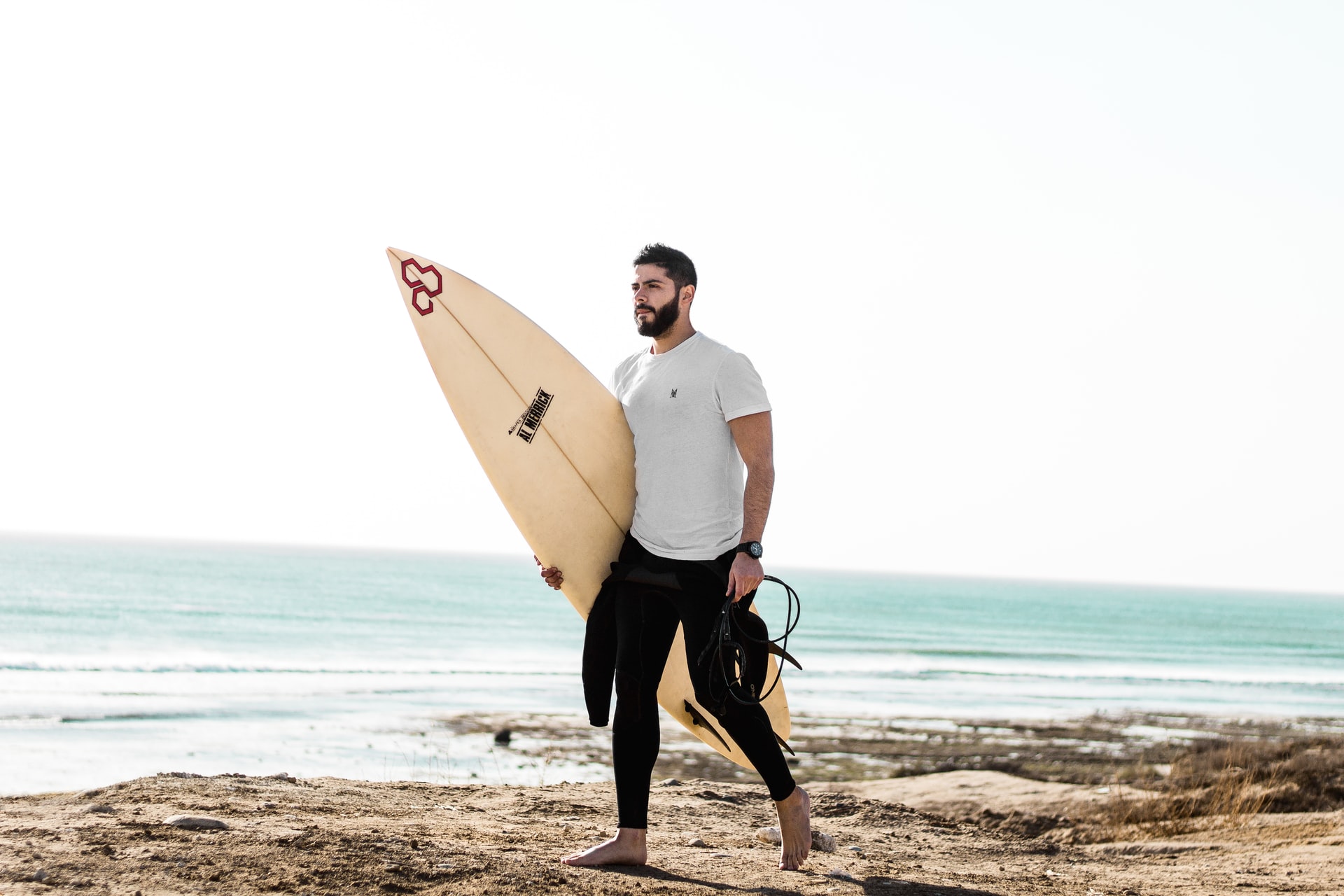
Do Surfers Have Beards? Pros & Cons You Should Know (+4 Tips)
-
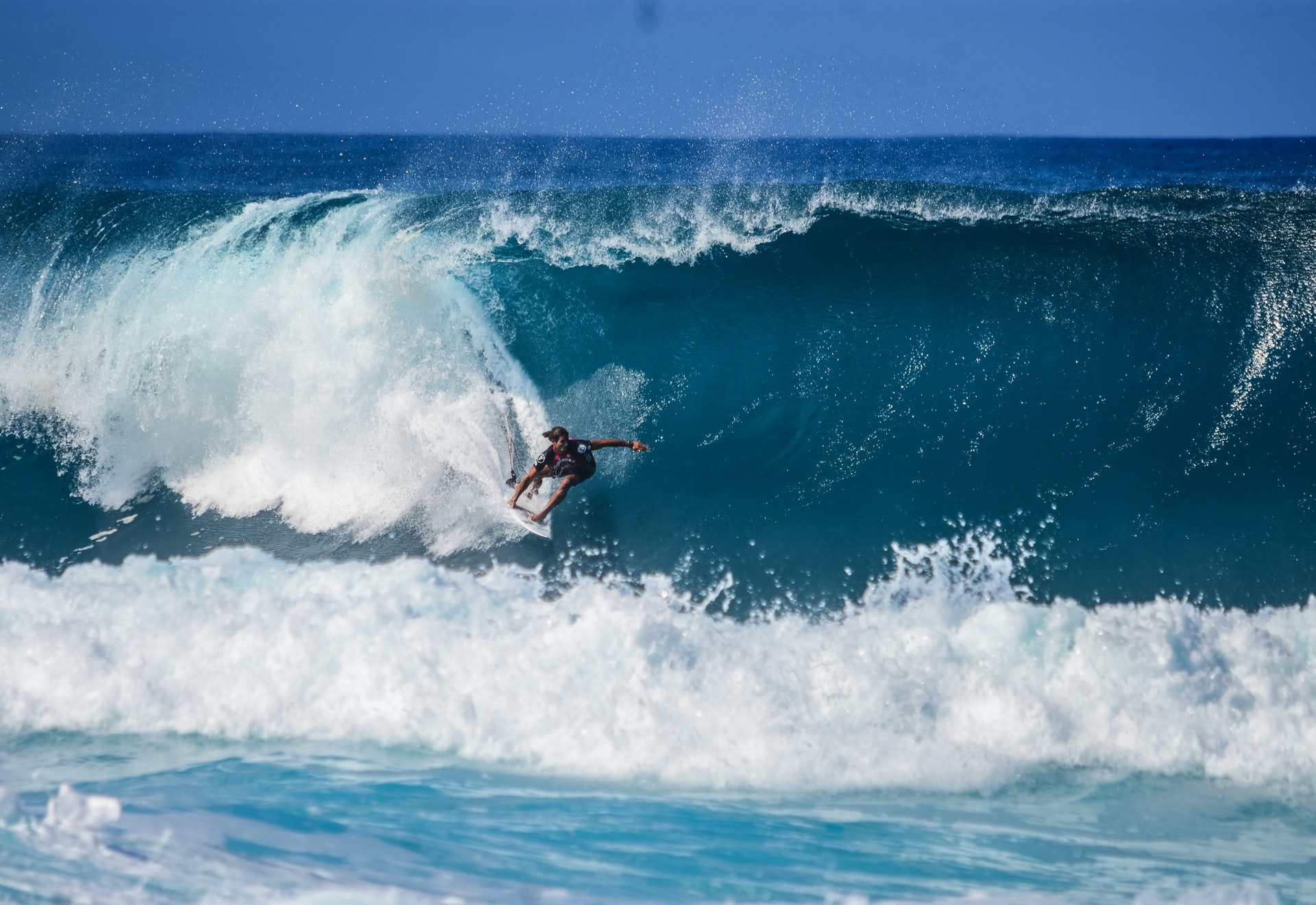
Do Surfers Like Constructive or Destructive Waves? (+Pros & Cons)
-
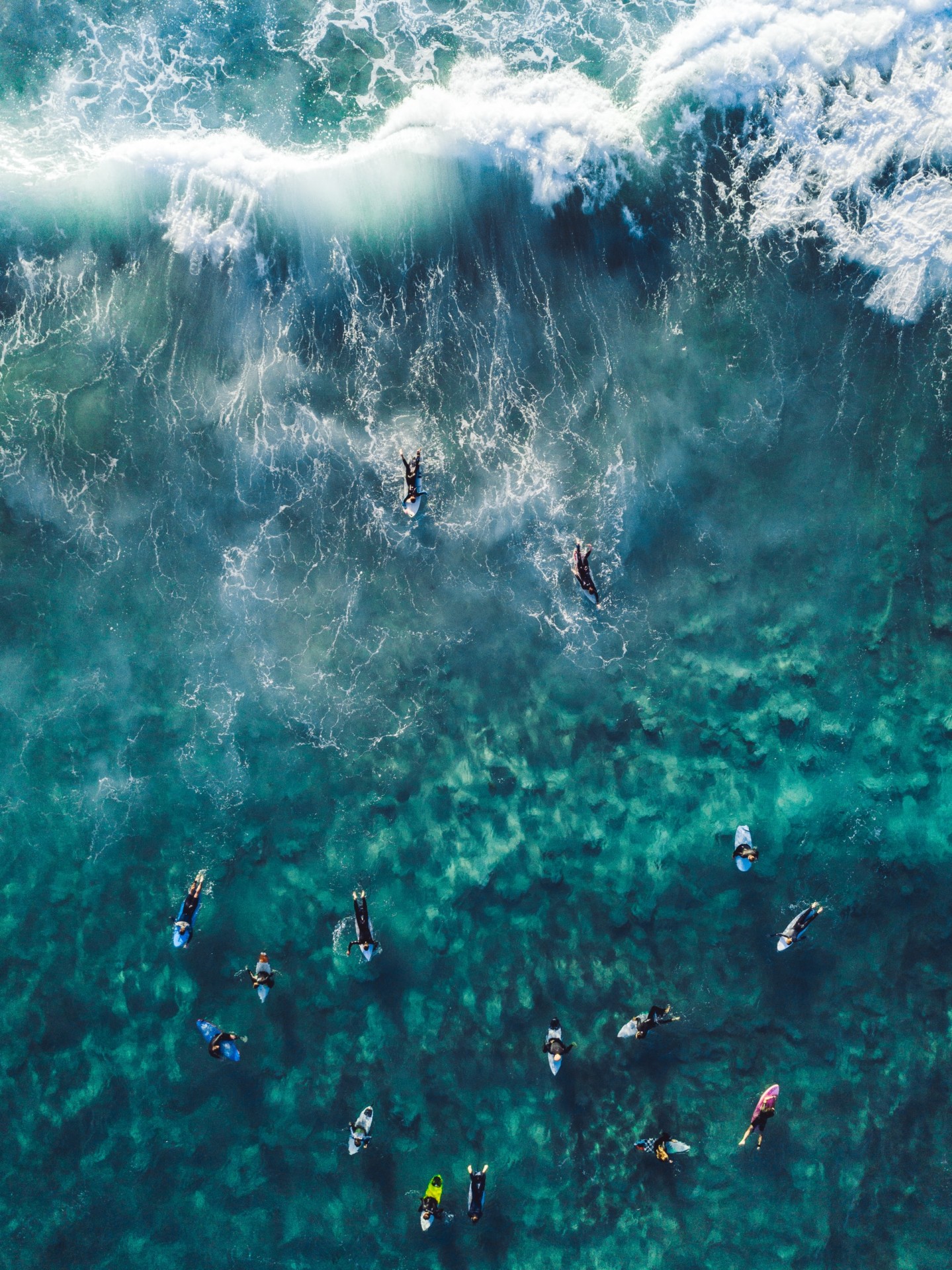
How to Surf Safely: 34 Crucial Tips (Every Surfer Should Know)
-
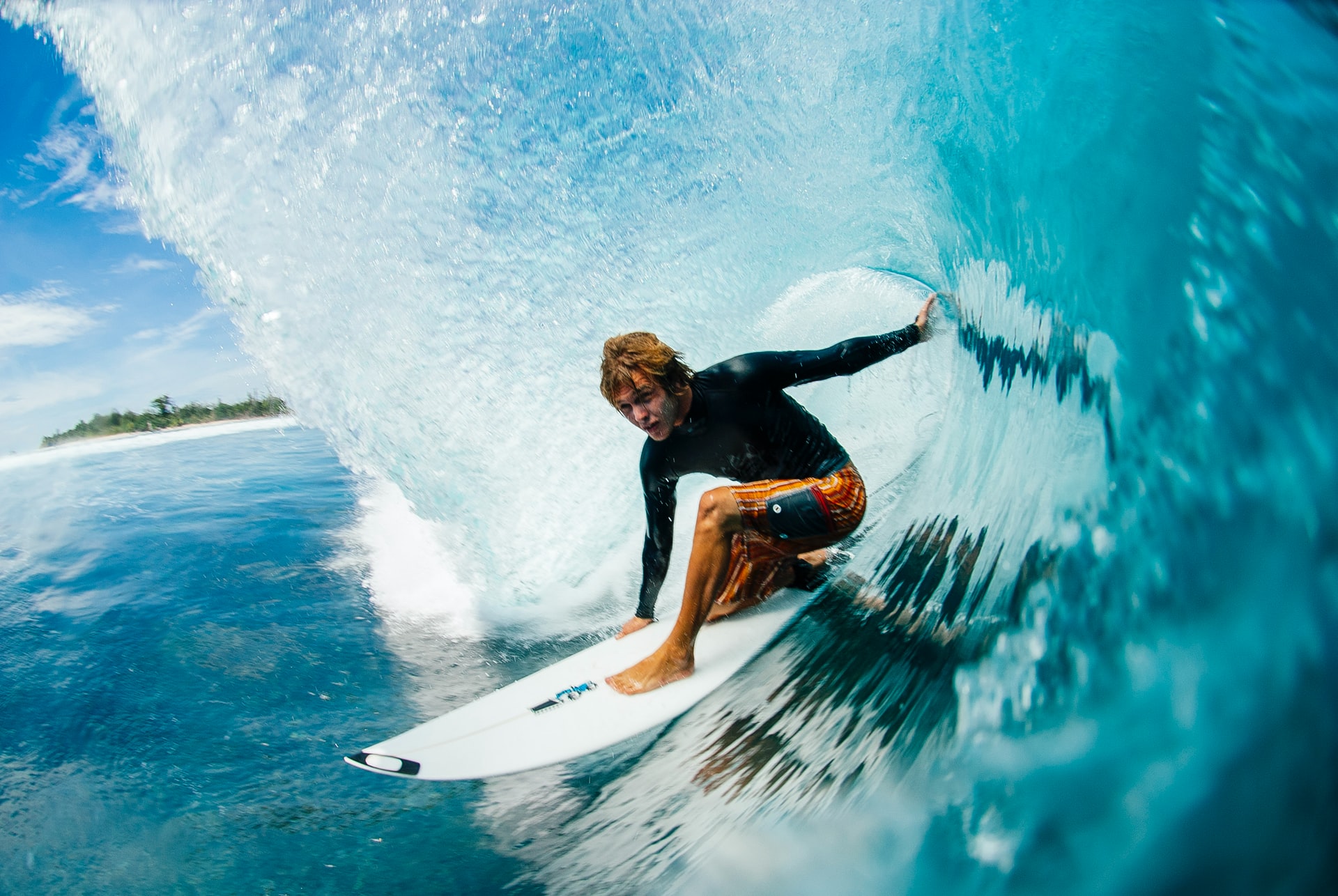
Do Pro Surfers Use Leashes? (+6 Reasons Why You Should Too)
-
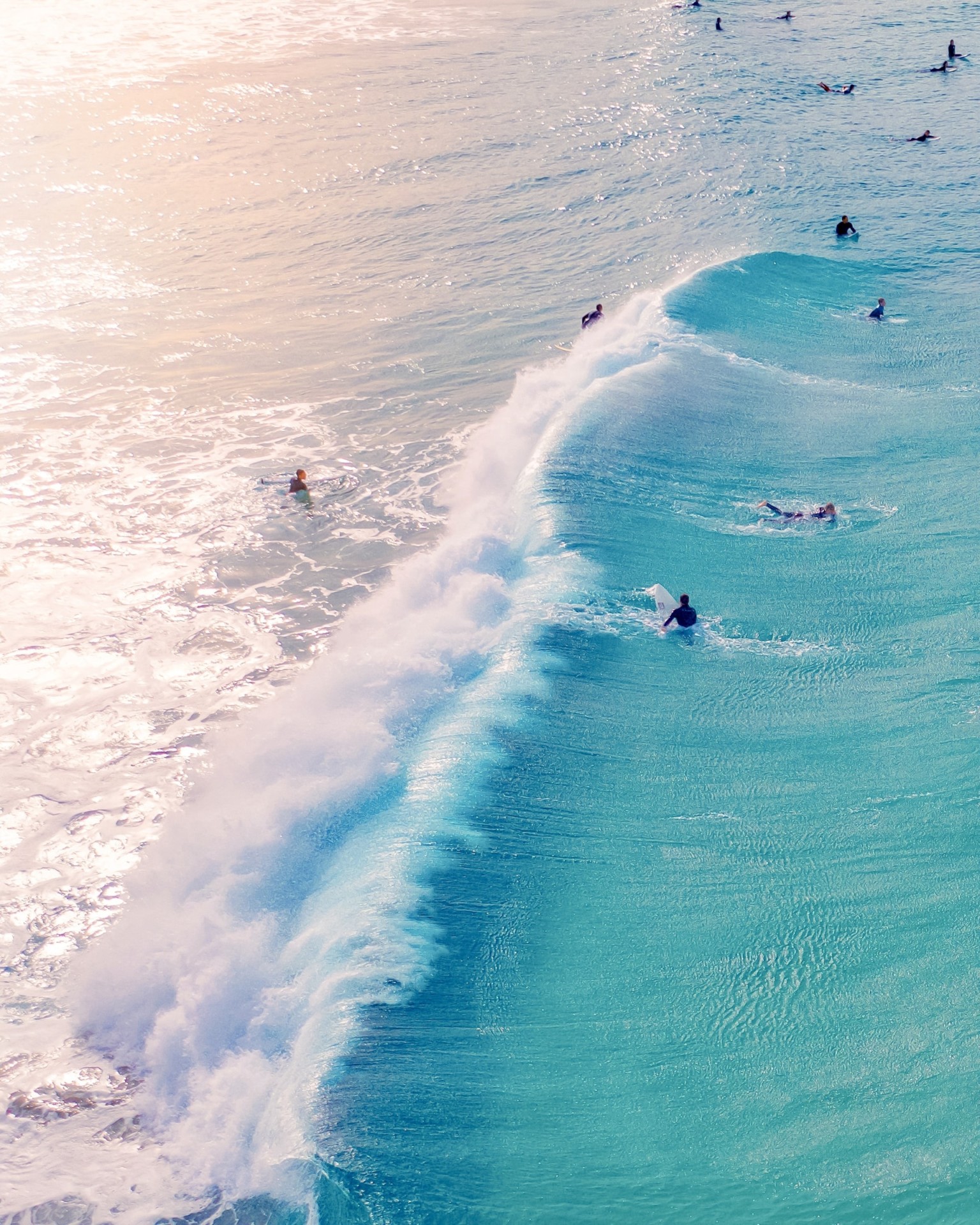
Do Many Surfers Drown? Here Are the Facts (+4 Common Reasons)
-
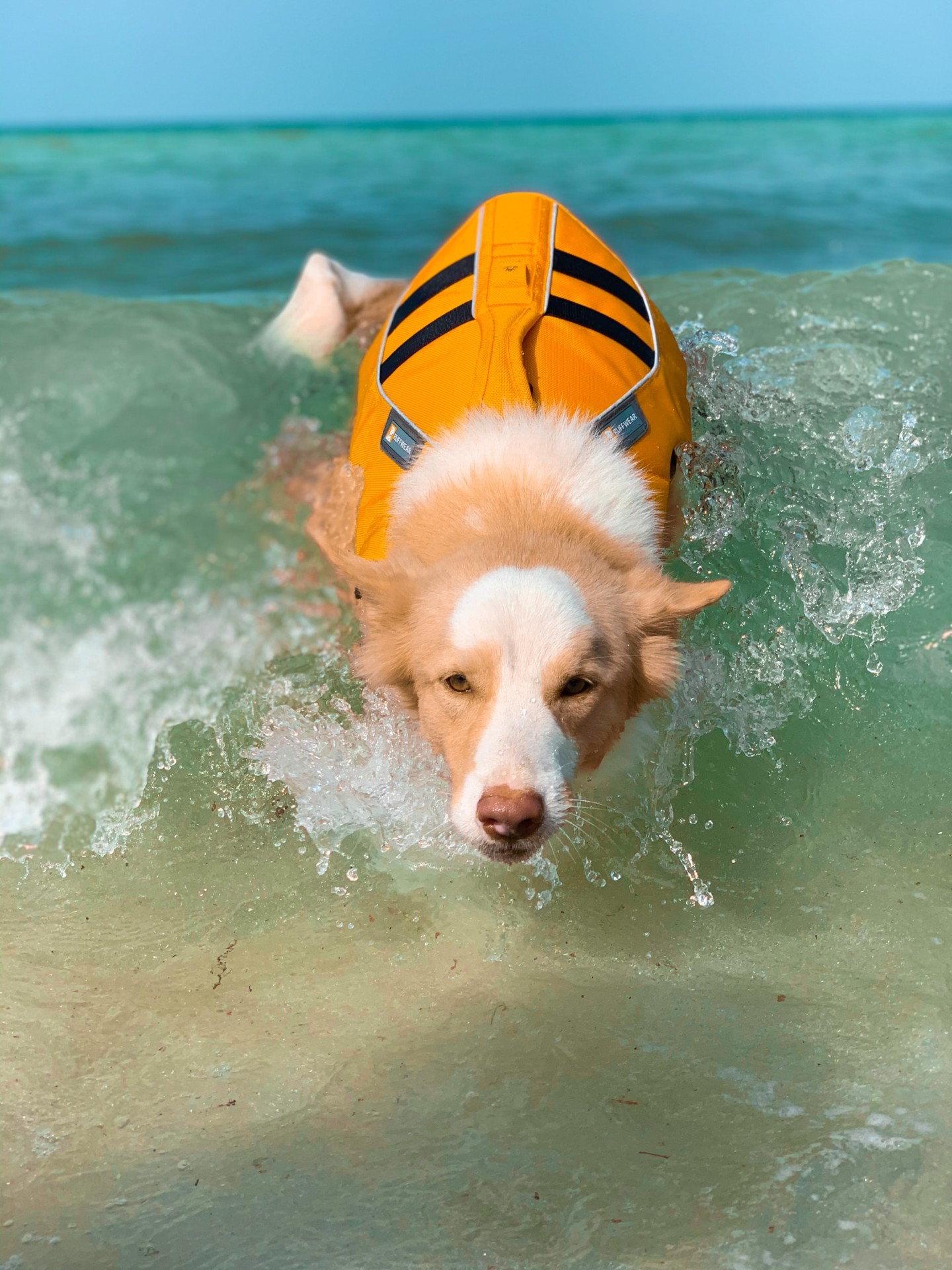
Do Surfers Wear Life Jackets? (7 Reasons Why They Don’t)
-
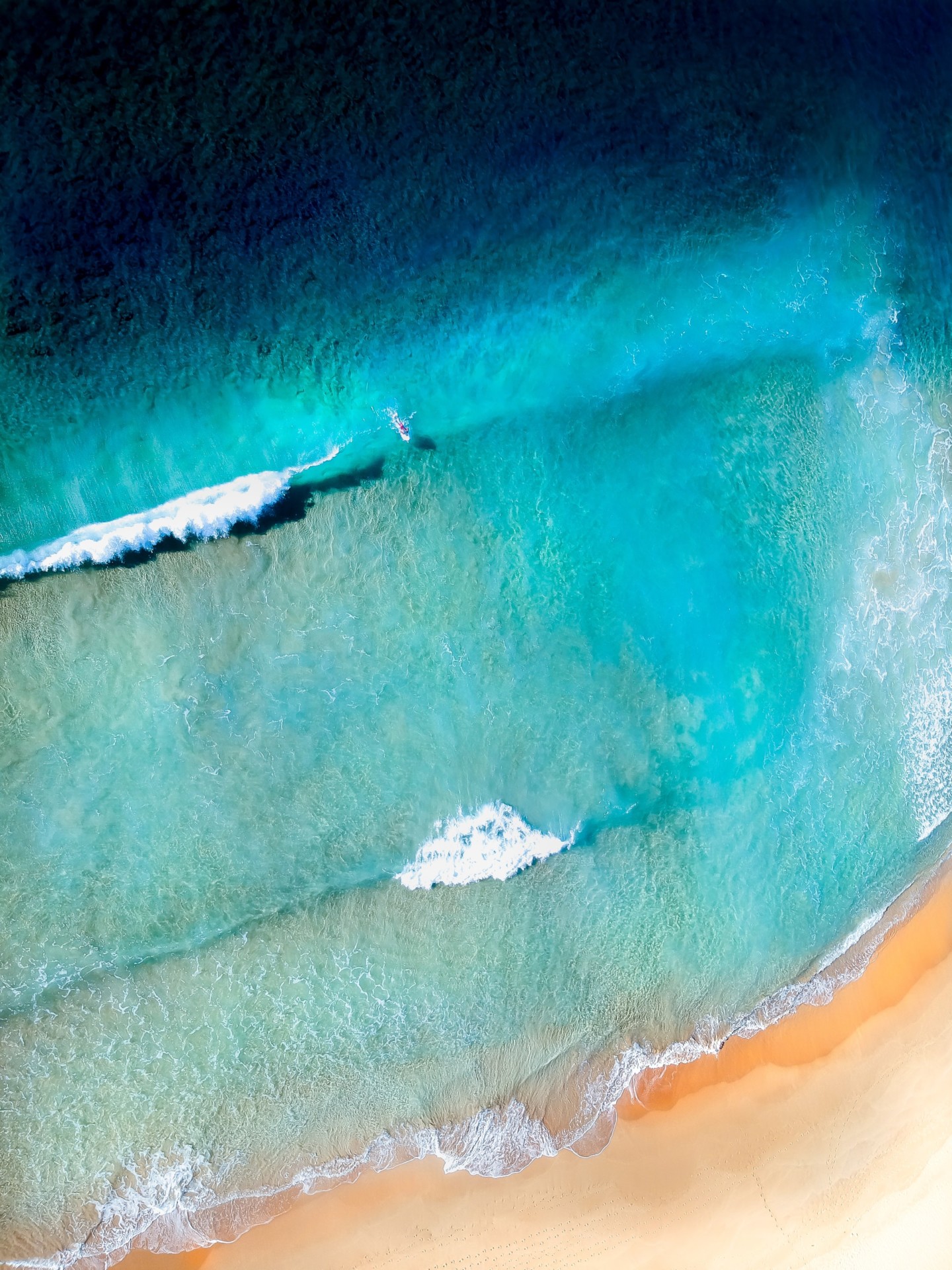
Do Surfers Like Rip Currents? (& How to Use Them Safely)

